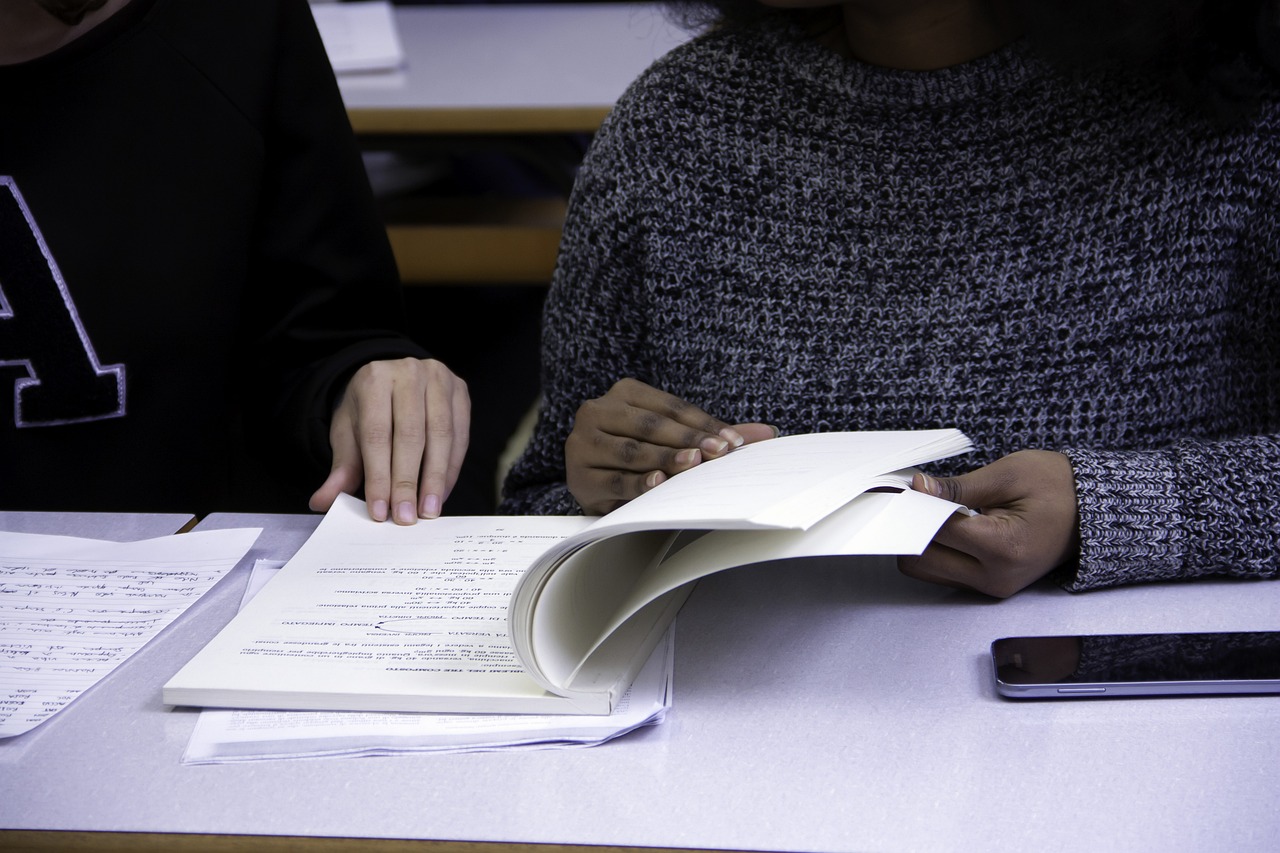Tutoring Techniques for Developing Information Literacy Skills
all panal.com, get cricket id, gold 365:Are you a tutor looking to help your students develop their information literacy skills? Information literacy is a crucial skill in today’s digital age, as we are constantly bombarded with an overwhelming amount of information from various sources. As a tutor, it is your role to equip your students with the skills they need to sift through this information effectively and critically evaluate its credibility and relevance. In this article, we will explore some effective tutoring techniques for developing information literacy skills in your students.
Encourage Critical Thinking
One of the foundational skills in information literacy is critical thinking. Encourage your students to question the information they come across, to analyze it from different perspectives, and to consider the source of the information. By fostering a habit of critical thinking, you can help your students become more discerning consumers of information.
Teach Effective Research Skills
Another essential aspect of information literacy is research skills. Teach your students how to formulate research questions, how to search for reliable sources, and how to evaluate the credibility of those sources. Show them how to use different search engines and databases effectively, and how to navigate through the vast amount of information available online.
Promote Proper Citation Practices
Citing sources is a critical skill in information literacy, as it helps students give credit to the original creators of the information they use and allows others to verify the accuracy of the information. Teach your students the importance of proper citation practices and show them how to cite sources correctly according to the required citation style.
Use Real-Life Examples
To make information literacy skills more relatable and engaging for your students, use real-life examples in your tutoring sessions. Show them how information literacy skills are applied in everyday situations, such as researching for a school project, evaluating news articles, or making informed decisions about their health.
Provide Hands-on Practice
One of the most effective ways to help your students develop information literacy skills is to provide them with hands-on practice. Assign research projects, ask them to evaluate different sources on a given topic, and engage them in discussions about the credibility and reliability of the information they find.
Encourage Lifelong Learning
Finally, instill in your students the value of lifelong learning. Information literacy is a skill that is constantly evolving, as new technologies and sources of information emerge. Encourage your students to stay curious, to seek out new information, and to continually refine their information literacy skills.
FAQs
Q: How can I assess my students’ information literacy skills?
A: You can assess your students’ information literacy skills through assignments, quizzes, and discussions that require them to demonstrate their ability to find, evaluate, and use information effectively.
Q: Are there any online resources I can use to teach information literacy skills?
A: Yes, there are many online resources available to help you teach information literacy skills, such as tutorials, interactive games, and research guides provided by libraries and educational institutions.
Q: How can I help students who are struggling with information literacy skills?
A: If you have students who are struggling with information literacy skills, provide them with extra support and guidance, offer one-on-one tutoring sessions, and encourage them to ask questions and seek clarification.
In conclusion, as a tutor, you play a vital role in helping your students develop their information literacy skills. By incorporating these tutoring techniques into your sessions, you can empower your students to become critical thinkers, effective researchers, and informed consumers of information.







